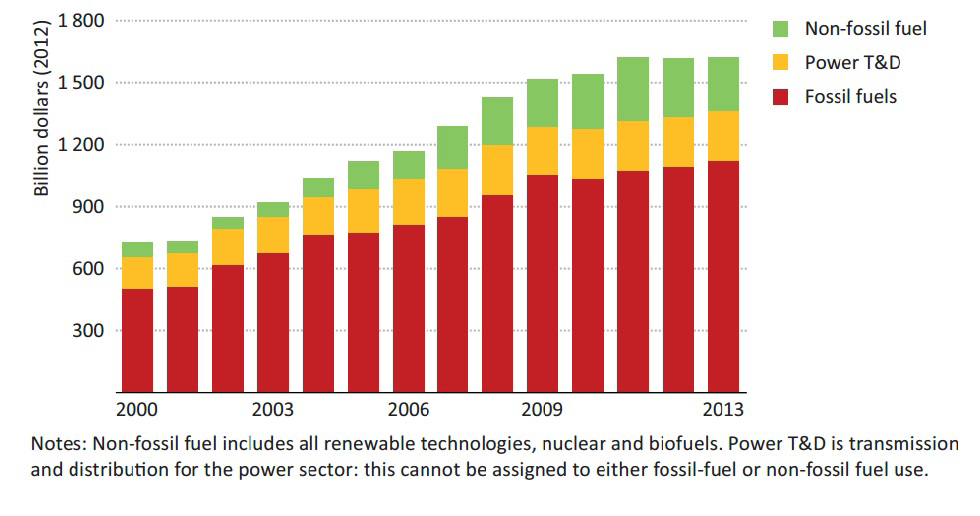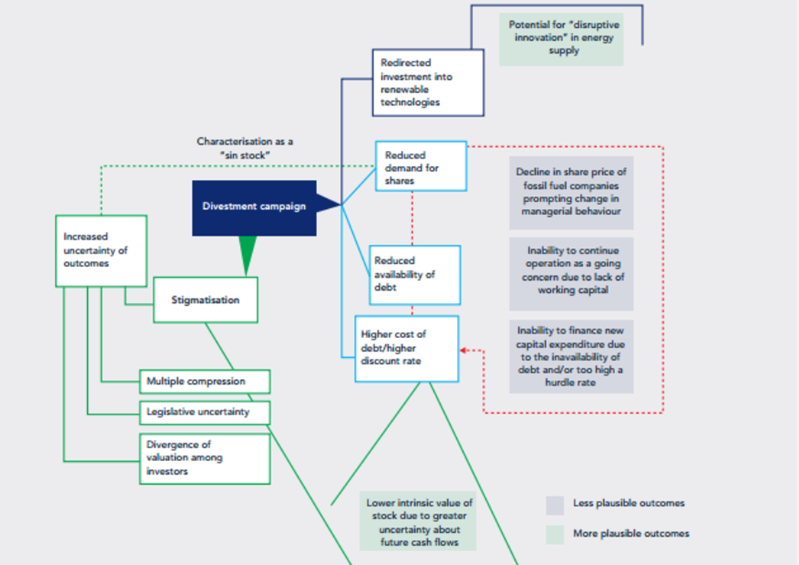It is a a few days’ a go news that Cambridge University declined its students’ and staff’s call to divest the fossil fuel industry while Catholic Church Orders are increasingly doing the opposite, encouraged by Pope Francis’ second encyclical “Laudato Sì”, published one year ago.
What is Divesting?
Divesting is actually nothing more than the opposite of investing: just taking own money away from a financial product. It has become popular since it has been associated to the bigger fossil fuel free campaign: this people movement claims that big private companies in the sector are one of the main contributors of climate change, therefore one strategy to counteract it is to stop the financial support to them. There are two ways of doing so: individually re-manage own financial portfolio or asking within a bigger movement, through petitions and protests, to determining investors to modify their behaviour.
in fact, it is very much probable that your actual money is currently being put into fossil fuel industry. You would not define yourself an investor, but your bank account or your university fee may have been reinvested in such a manner, accordingly to the institution’s policy, without your explicit consent.
Scenario
Recent debate has shed light also to the strictly financial concern: as it has been estimated that 2/3 of the existing fossil fuel reserves need to be kept in the ground in order to be able to stay within the boundary of +2° C, money needs to be gradually redirected to other sectors. Except that it is not happening.
The picture below shows the trend till 2013, but the fossil fuel share is still accounting for the majority on a global scale nowadays, according to IEA.

Ultimately there is the threat of a financial bubble, that sooner or later will burst, probably causing unexpected and disastrous phenomena (as in 2008 with the mortgage one) to the whole economic system.
However
The divestment campaign still remains a people’s movement for the people, hence it is about casting a moral and political message, more than an economic and financial strategy.
As a study published by Oxford University (http://www.smithschool.ox.ac.uk/research-programmes/stranded-assets/SAP-divestment-report-final.pdf) proved, this aim is to be confirmed in the consequences: the divestment campaign is about mining the reputation and the licence to operate of dirty industries. No direct consequences are probable on debt or equity.

Taking action
There are plenty of initiatives on the web in order to actively contribute to the flow. One of them is “Move your money” (http://moveyourmoney.org.uk/good-money/) which helps you to contact your bank and ask information, lobby a change and possibly redirect your savings.



